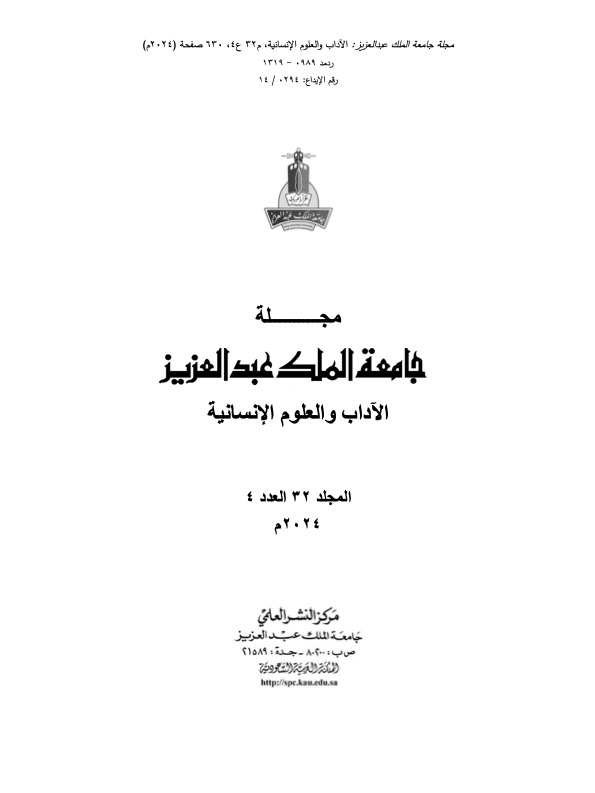The jurisprudential rules that turn judgment into nothingness according to Sheikh al-Islam Ibn Taymiyyah (Analytical-Critical Study)
Main Article Content
Abstract
Abstract
This research is entitled: The jurisprudential rules that refer judgment to non-existence according to Sheikh al-Islam Ibn Taymiyyah - an analytical-critical study - and it aims to highlight the jurisprudential rules that Ibn Taymiyyah considered to refer judgment to non-existence, clarify the terms related to them, mention what is meant by non-existence in sense and law, and explain matters. Which Ibn Taymiyyah ruled to be assigned the status of the non-existent, and presented the evidence upon which the foundation of these rules was based, and clarification of the jurisprudential applications that were affected by these rules according to Ibn Taymiyyah, in the issues in which the ruling was referred to the non-existent, and limiting the matters that are given the status of the non-existent to four things, which are: the incapacitated. About him, the unknown, the doubtful, and the forgotten, and formulating rules for these four according to Sheikh al-Islam, which are: the rule: what is impossible to do is like the non-existent, the rule: the unknown is like the non-existent, the rule: the doubtful is like the non-existent, and the rule: the forgotten is like the non-existent, with an explanation of its overall meaning, its evidence, and a report on its implementation. According to Ibn Taymiyyah, and its application to it, this research concluded with the most important results and recommendations.

